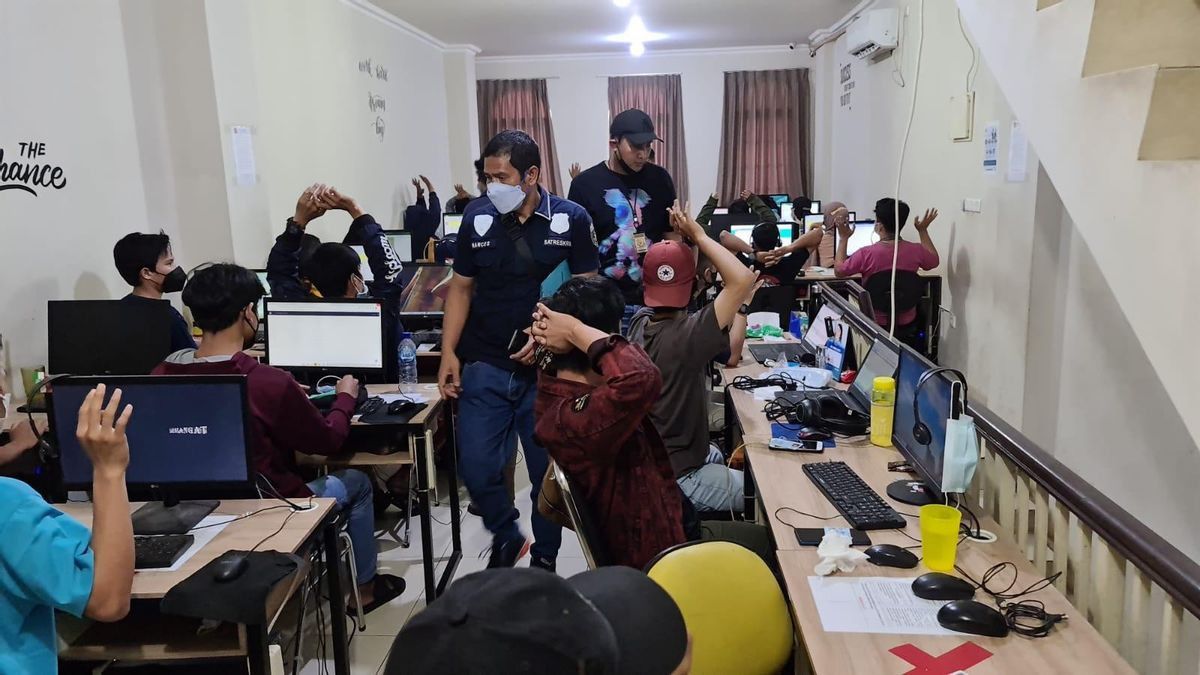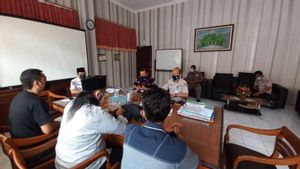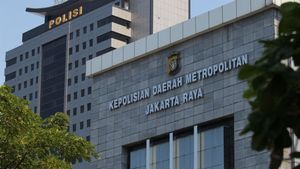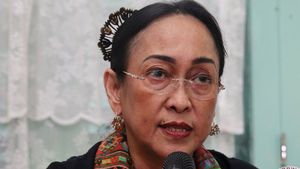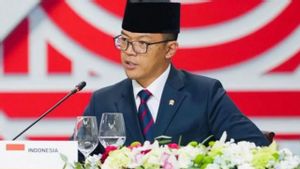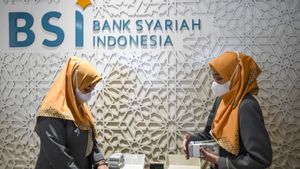JAKARTA - Center for Indonesian Policy Studies (CIPS) researcher Thomas Dewaranu stated that supervision of financial technology companies (fintech) carried out by the Financial Services Authority (OJK) and other authorized institutions needs to be in line with education about financial literacy to the public.
"Supervising fintech needs to go hand in hand with education about financial literacy so that people who do not have access to banking can continue to enjoy financial services," said Thomas Dewaranu in a press release in Jakarta, Saturday, October 23.
According to him, the supervisory function of fintech is needed to ensure consumers get protection for their data usage and ensure they understand the services they access properly and are transparent.
He added that the supervisory function can also be carried out through public financial education so that they avoid online loan companies (pinjol) while having financial management capabilities to avoid default.
Moreover, he continued, traditional economic activities with financial institutions, such as banks, have now transformed towards the massive use of technology that has given rise to new players offering various services, including the emergence of fintech.
"Fintech has flexibility that other financial institutions don't have, such as providing loans with a smaller nominal, easier requirement and a relatively shorter process," he said.
SEE ALSO:
For this reason, he said, the presence of Fintech plays an important role in accelerating the achievement of financial inclusion, but this must be accompanied by an ecosystem that also supports the presence of this innovation.
Previously, Member of the Board of Commissioners for Education and Consumer Protection of the Financial Services Authority (OJK) Tirta Segara said the government supports the implementation of FinEXPO BIK 2021 to improve public financial literacy.
"The level of public financial literacy is still low, at only 38 percent at the end of 2019. Therefore, all efforts to accelerate equitable financial inclusion and reach the front and outermost communities, which are accompanied by efforts to increase financial literacy, are very important and strategic," said Tirta. at the opening of the FinEXPO BIK 2021 financial services and product exhibition which was monitored in Jakarta, Monday (18/10).
Although financial inclusion in 2019 has reached 76 percent or above the target of 75 percent, according to Tirta, public financial inclusion has not been evenly distributed. "Access to finance in urban areas reaches 84 percent, much higher than access to finance in rural areas, which is only 69 percent," he said.
Efforts to increase public understanding of financial products and services, according to him, were strengthened by President Jokowi's directives through Presidential Regulation Number 114 of 2020 concerning the National Strategy for Financial Inclusion.
The English, Chinese, Japanese, Arabic, and French versions are automatically generated by the AI. So there may still be inaccuracies in translating, please always see Indonesian as our main language. (system supported by DigitalSiber.id)
